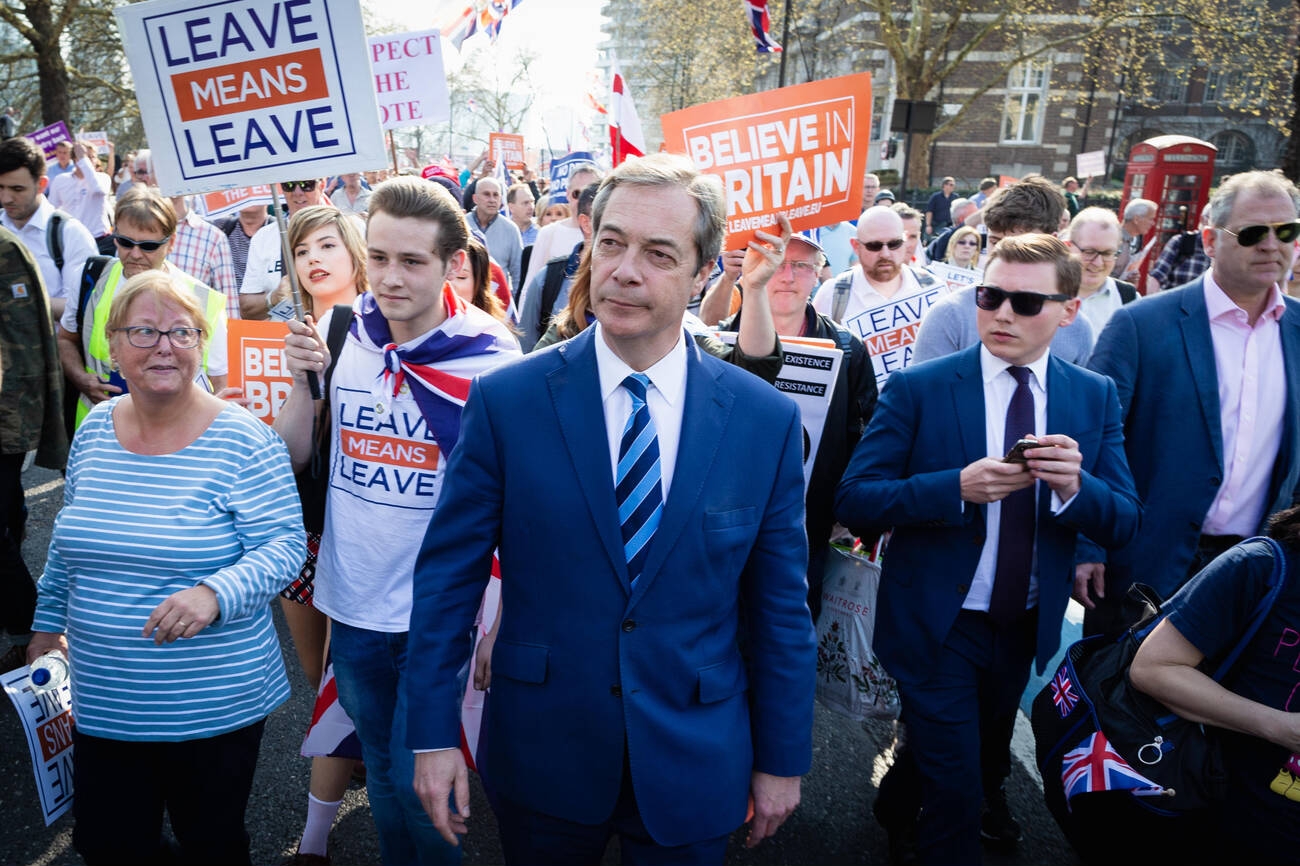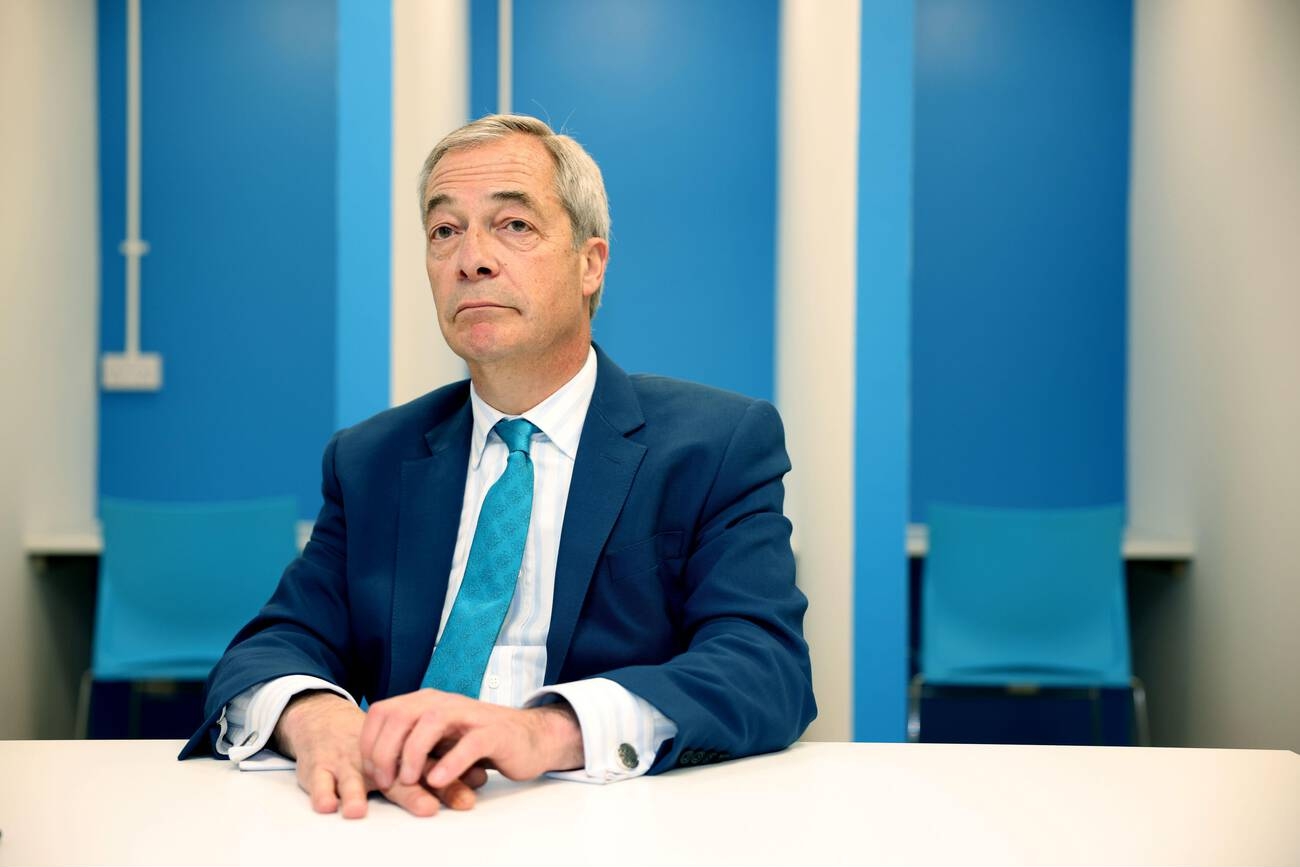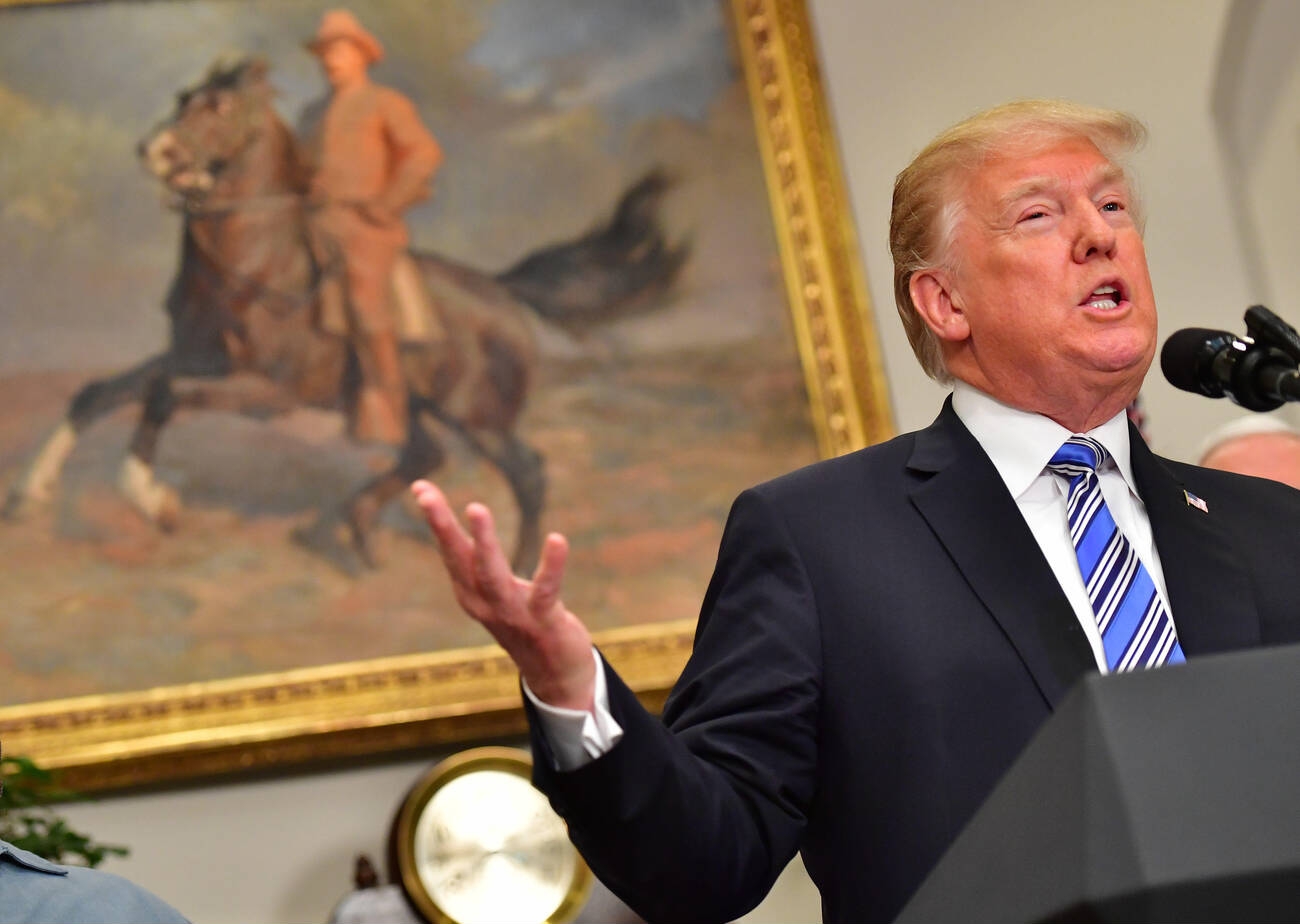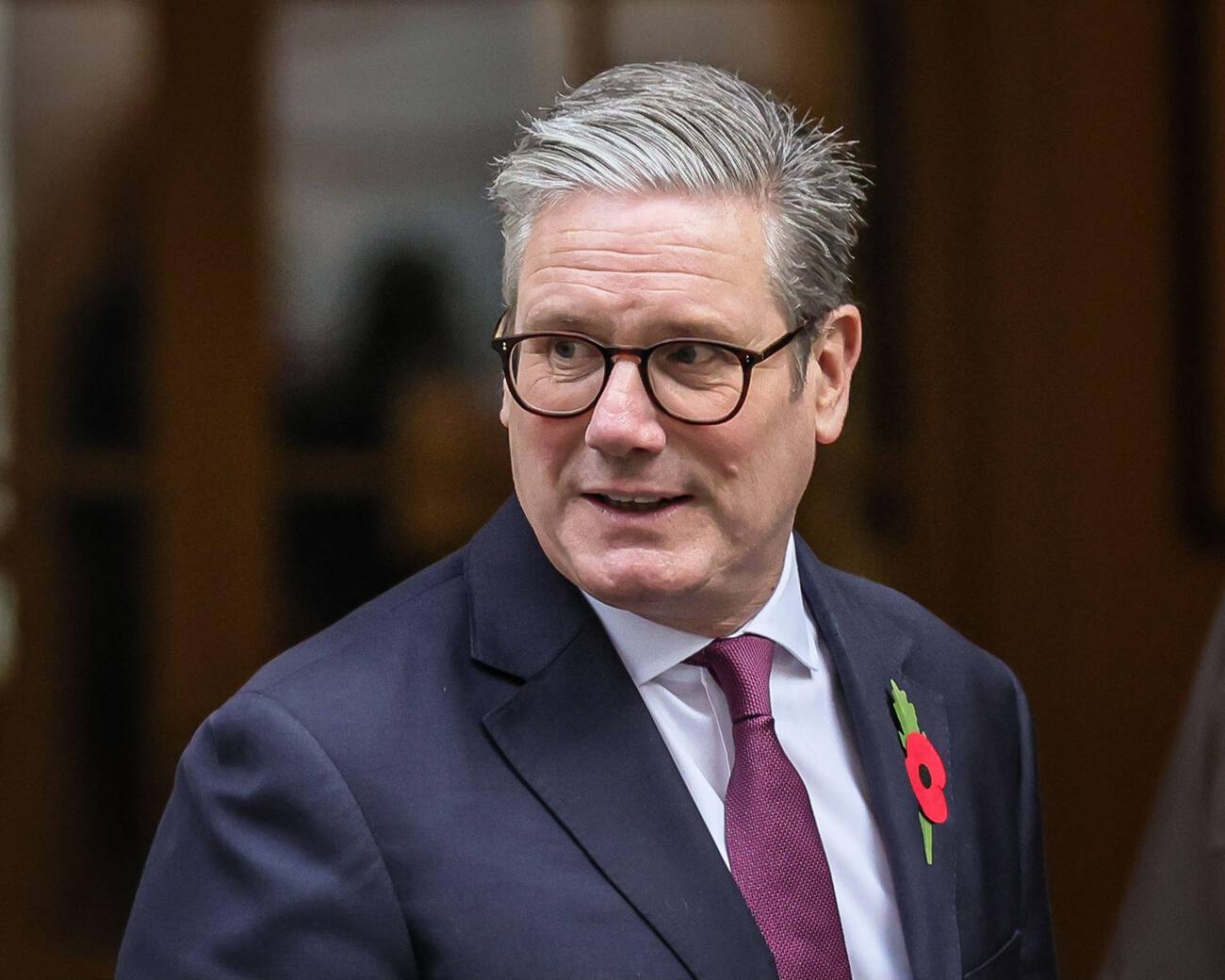The Rise of U.K. Far-Right Politics: Are Reform and Farage Reshaping British Conservatism?
The rise of U.K. far-right politics has reached an exceptional level with the electoral surge of Nigel Farage’s Reform Party. In

The rise of U.K. far-right politics has reached an exceptional level with the electoral surge of Nigel Farage’s Reform Party. In the 2024 general election, Reform achieved 4.2 million votes (14.3%)—marking the most significant electoral success for a far-right movement in U.K. history. Despite restricted infrastructure, the party finished second in 98 constituencies and won over 20% support in 148 others. With growing membership (218000 members), increased funding, and a nationalist, anti-establishment agenda, Reform is reshaping the political landscape, positioning itself as a significant force in U.K. far-right politics and a direct challenge to traditional conservatism.
U.K. far-right politics and Farage
The Conservative exodus began after Mr Farage. An ideological ally of Mr Trump, he became Reform’s leader last year just before Britain’s general election. A longtime political disrupter and former commodities trader who campaigned for Brexit, Mr Farage has pledged to remake British conservatism, pushing the movement’s U.K. far-right politics on a nationalist platform. He frames these agendas as anti-establishment and anti-immigration.
Farage created Reform in 2019 as the Brexit Party. This Party won 14.3 per cent of the vote in last year’s general election. But in recent weeks, it has reached around 25 per cent in several polls, sometimes overtaking the Conservatives and Labour. The Conservatives still raised two million pounds in the last quarter of 2024. This number is twice as much as Labour and far more than Reform. That was before Reform’s most recent poll surge and Mr. Candy’s funding push. Reform has also pledged to abandon key climate targets and swing the energy sector back toward oil and gas. In February, Mr Tice said the Party would tax solar farms and claimed that renewable energy was “a massive con.” He also called evidence for artificial climate change “garbage.”
Declining trust in the U.K.
New research from the University of Southampton found declining trust in representative institutions. This institution includes parliaments, governments, and political parties. Whereas trust in representative institutions is generally declining, trust in non-representative institutions such as the police, civil service, and the legal system has remained stable or is rising, pointing to a particular crisis of confidence in countries’ elected representatives.
Researchers say the findings are a ‘warning sign’ that could pave the way for non-democratic political leaders to use the state in more autocratic ways. In the U.K., trust in parliament and government has gradually declined in recent decades. However, a small (seemingly temporary) recovery was apparent around the Brexit referendum. Trust in the legal system and the police declined until the 2008 financial crisis but has been rising gradually. The rise of U.K. far-right politics is one of the signs of declining trust.
Nigel Farage’s Reform Party is the biggest far-right political threat to Britain.
This claim was raised according to a report by Britain’s leading anti-fascist group. State of Hate 2025 report, billed as the “most comprehensive and analytical guide to the far-right in Britain today”. It comes in the wake of last summer’s riots and waves of extremist sentiment being stirred up by media personalities and billionaires like Elon Musk.
The report Reform Rising and Racist Riots highlights a stark change in the far-right landscape from 2024. It focused on an increasingly radicalised Conservative Party and U.K. far-right politics. With the Conservatives sidelined and right-wing politicians having lost their seats or defected to Reform, the focus has shifted onto more pressing threats, split into three prominent areas.
The public continues to be downbeat about democracy and politics in the U.K.
40% of 23,000 Britons polled support a “strong and decisive leader who has the authority to override or ignore parliament” over representative parliamentary democracy. 68% do not believe politicians listen to people like them, while 9% believe they do. The more pessimistic people are about their lives, the more likely they are to support Reform U.K. They also think multiculturalism is failing and oppose immigration. In other words, they are pro-UK far-right politics.
Europe’s far-right parties are rising. Immigration rhetoric and economic hardships are energising them. Mainstream conservatives adopting far-right narratives have legitimised their politics. While they may achieve electoral success, they offer no real solutions to Europe’s demographic challenges, like competitiveness crises or geopolitical vulnerabilities.
Several recent polls place Reform U.K. at first or second place.
The electoral system makes it difficult for this surge to translate into power. But the volatility of the electorate makes it possible. The age pattern of Reform backers in London is unlike the rest of the country. In the rest of England, the likelihood of voting for or considering Reform increases among older voters, rising from 29 per cent among those aged 18–34 to 32 per cent among those aged 35–64 and to 34 per cent among those aged 65 and older. However, in London, while older people are more likely to have voted for Reform in 2024, 18- to 34-year-olds are more likely to intend to vote or consider voting for Reform now than older Londoners. Moreover, people aged 18 to 34 in London are more likely to be considering voting for Reform than voters of the same age living in the rest of England.
Reform U.K. raised 4.75 million pounds ($6.1 million) last year. A third of these donations came from former donors to the Conservatives. The amount is a sharp increase from the less than $200,000 it raised in 2023. This is a striking figure for a party on the fringe of national politics eight months ago and supports U.K. far-right politics. Reform U.K.’s political rise is built mainly around Nigel Farage. While the Party is professionalising and new figures are emerging, its success will probably be based on its leader in the future. Of those who strongly like Farage, 52% describe him as a “man of the people.” 51% are “plain speaking,” and 44% choose “intelligent.” The British public is evenly split on whether they think Farage is racist. 51% say he is, and 49% say he is not.









